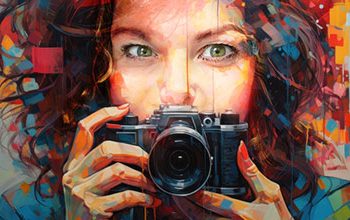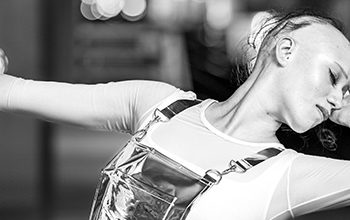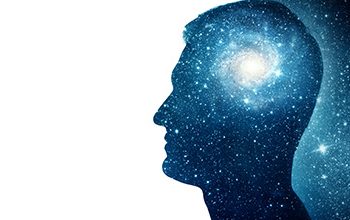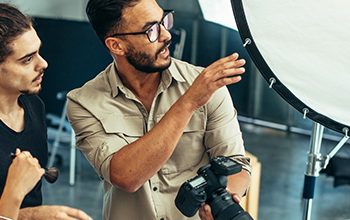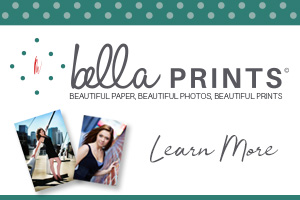Photography can have a significant positive effect on mental health. Florence Cane, one of the early Art Therapy pioneers, was one of the first visual artists to recognize the extraordinarily connected impact of art on mental health. Since then, art making, including photography, has been researched many times, concluding many mental health benefits.
Here are some ways specifically photography helps mental health.
Photography encourages a deepening sense of being in a relationship with light, surroundings, shape, lines, and connection with others. It promotes a profound connection to everything around us. It’s a reminder we are not isolated or alone; we are profoundly connected.
Light is the essence of photography. Photographers always view and study light and how it lightens or creates shadows. We enter a dialogue with light. Studying light can be powerful. Light is a constant reminder it can penetrate the darkness.
When a photographer compares, contrasts, and analyzes their surroundings, this leads to insight and pushes the boundaries of what is known. Seeing through the lens expands our awareness of our world and ourselves simultaneously. We can grow and evolve by giving photographic attention to what we see and through our internal dialogue to get the sought-after image.
The photographer decides to select the moment when they press the shutter. This moment reveals aspects about yourself. Including your connection with others around you, your natural tendencies, and what you deem essential to be seen. The moment was selected out of the flow of your life.
Our photos reflect visual awareness. Thus, giving the photographer an opportunity for further introspection and understanding. As creators, we are the forefront expert on our artwork and creative process. The act of photography can inspire profound self-awareness, inciting positive action.
When you press the shutter, the moment is recorded immediately. Even though the imagery is immediate, photography requires thought and attention to lighting, composition, and framing. Taking a photo is a disciplined practice of refining light, finding subtle patterns and relationships of form and color. It helps you focus and calm the mind from the everyday hustle and bustle.
This intense focus to ‘get the shot’ can shift awareness beyond the confines of current problems and emotional difficulties. Like a record needle stuck in a groove of ruminating problems, complex decision-making, like in photography, can help move the needle on to playing again.
Photography goes beyond rational and cognitive thought. It is also a powerful form of visual expression. It allows the photographer to be expressive and reveal themselves through their choices. For art and photography to have depth and meaning, the photographs need to include an emotional connection of ourselves to the viewer. Photography provides an opportunity for the photographer to have an outlet for emotions.
Photography allows exploration and, literally, seeing the world from a different perspective and giving it a voice. Giving ourselves the space to see through the lens of our camera empowers photographers to view our surroundings differently. It teaches us to learn how to see more options and different points of view and shifts our awareness beyond the confines of the self.
Like glass blowing and sculpture, photography is one of the most physical art forms. Unlike painting and drawing, where you sit most of the time, photography requires you to move. Our equipment is also heavy and requires ongoing strength and stamina. This increases physical welfare, but also, physical movement has been shown to help increase mental health. Even if you only grab a camera and a lens and go for a walk, there are healing benefits in walking, moving, and seeing.
In conclusion, photography is a powerful form of visual expression. Photography provides many health benefits: fostering self-awareness, improving cognition, decision-making, and opportunities for self-expression. Through photography, photographers learn to embrace ambiguity. It provides a place for our concepts and ideas to be expressed from our technical choices, decisions and emotions.
Here is a few photography prompts to increase self-awareness and mental health.
- Contrast- When you are experiencing conflicting views and thoughts in your life, photograph images with contrast, reflect on the photos you take
- Gain Perspective- Photograph the same object from 3 different points of view. Below, at the horizon line and above, notice what you notice
- Emote- Photograph different objects that reflect the emotions, mad, glad, sad, and fear
- Self Awareness- Do a self-portrait without photographing your face, perhaps an object that depicts an aspect of who you are
- Mood- Photograph a tree that represents your mood today
- Light- notice how light moves across an object from a window in a room at different moments throughout the day. Photograph a few of these different light moments.
- Comfort- Photograph something that gives you much comfort, reflect on the image when you need too
- Connection- Take a walk in nature. Notice and observe how organisms and life are all connected. Photograph a moment that makes you, too, feel connected with your surroundings
- Joy- Photograph something that brings you joy and share your image with others
- Zoom- Photograph something with a wide lens and then change the lens and zoom in.
After you photograph these different prompts, reflect on the images. Notice what you notice. To gain further insight, journal about the process, image, and introspection you gained.
References:



